10 Interesting Facts About The Great White Shark

Of all the creatures that swim in the world's oceans, few are as fascinating and feared as the Great White Shark. This iconic predator has captured the imaginations of people all over the world, with its massive size, powerful jaws, and reputation for attacking humans. Here are 10 facts about the great white shark that will help you understand and appreciate these incredible creatures.
- Great white sharks are the largest predatory fish in the world. They can grow up to 20 feet in length and weigh over 5,000 pounds.
- Despite their fearsome reputation, great white sharks are not indiscriminate killers. They typically feed on other shark species, rays, fish, seals, and other marine mammals, and only rarely attack humans.
- Great white sharks have several adaptations that make them such effective hunters. Their powerful jaws are filled with rows of razor-sharp teeth, and their sense of smell is so acute that they can detect a single drop of blood in 25 gallons of water.
- Great white sharks are found in oceans all over the world, from the coasts of California to the waters off South Africa and Australia.
- Great white sharks are apex predators, meaning they have no natural predators of their own. However, they are occasionally preyed upon by killer whales.
- Great white sharks are warm-blooded, which allows them to maintain a high body temperature even in cold waters.
- Great white sharks are capable of swimming at speeds of up to 35 miles per hour, making them one of the fastest swimmers in the ocean.
- Great white sharks bear live young and females give birth to between two and 10 pups per litter, and perhaps as many as 14. Researchers think the gestation period is anywhere from 12-22 months which would only allow for breeding to occur approximately every other year.
- Great white sharks are one of the most heavily protected species in the world, with laws in place to prevent their hunting and exploitation.
- Great white sharks are vital to the health of marine ecosystems. As apex predators, they help regulate the populations of other marine animals and maintain the balance of the food chain.

In conclusion, the great white shark is one of the most fascinating and iconic creatures in the ocean. Although they are often feared and misunderstood, these incredible predators play a crucial role in maintaining the health and balance of marine ecosystems. By understanding and respecting these creatures, we can work to protect them for future generations to come.



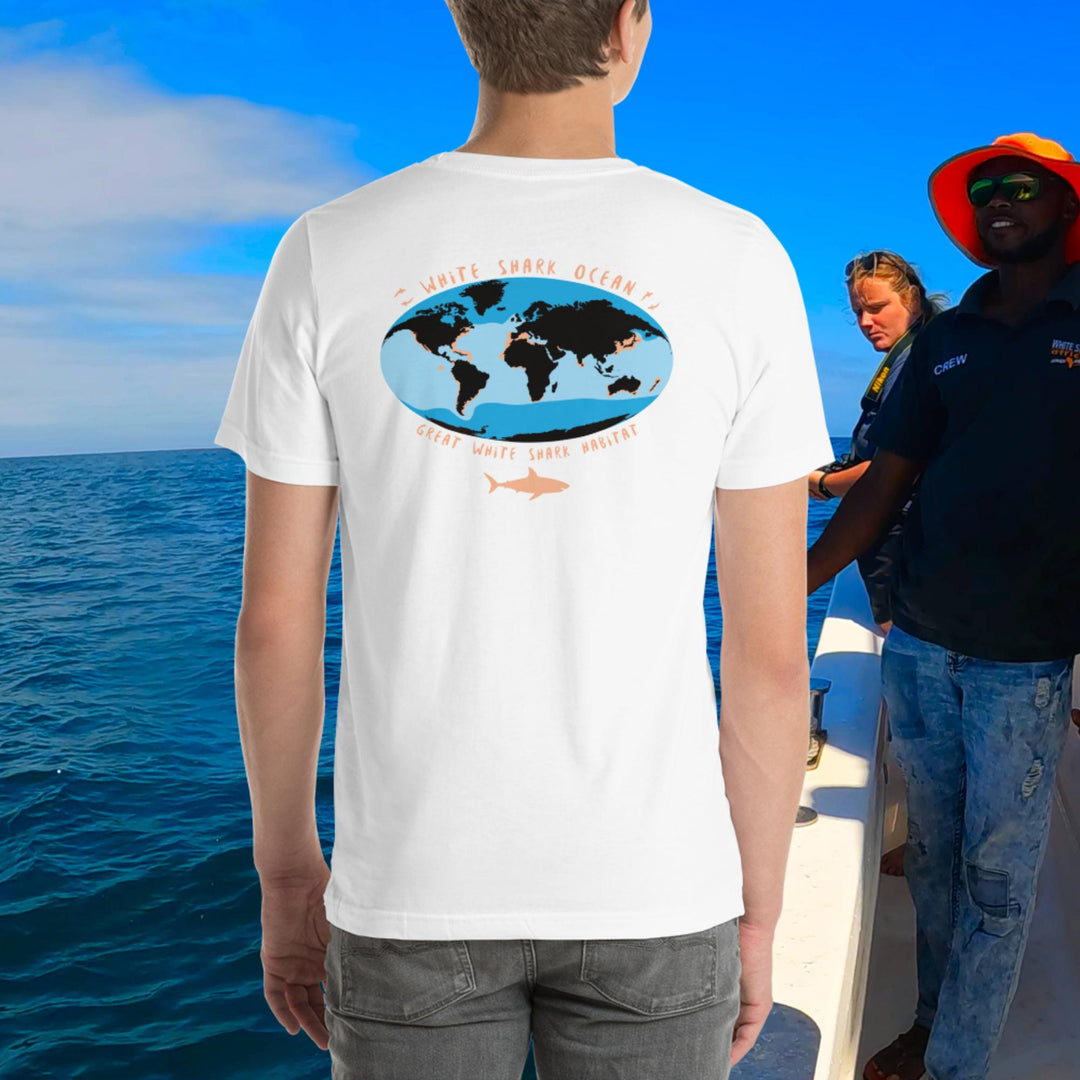




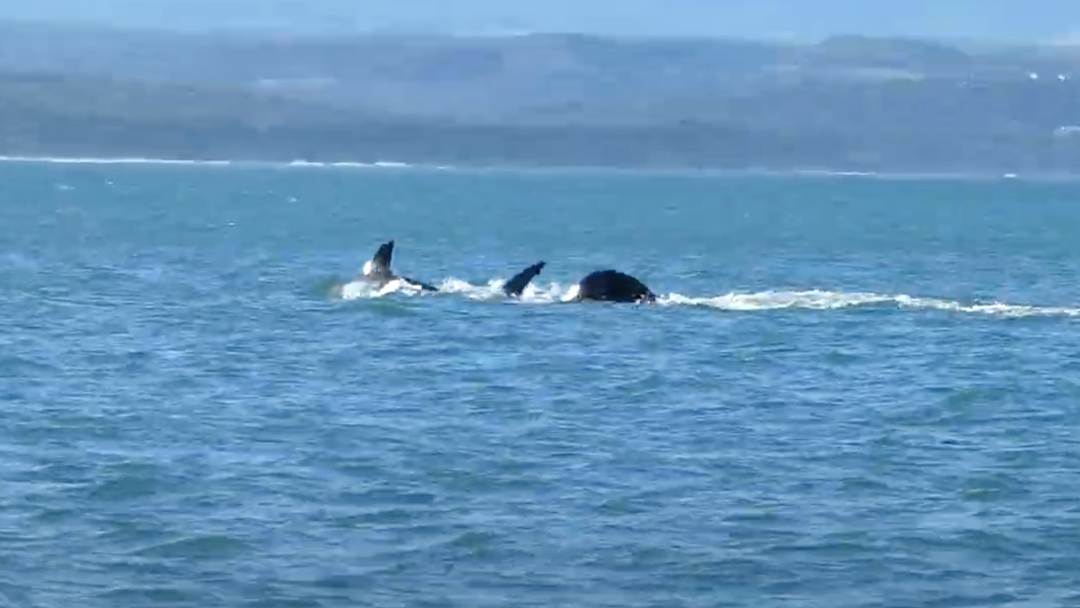
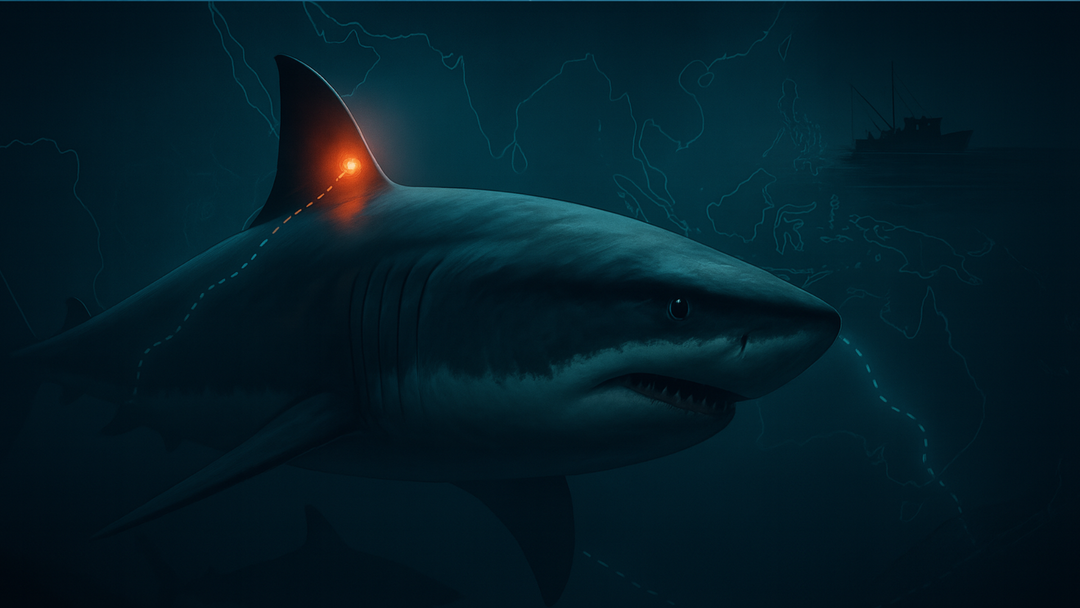
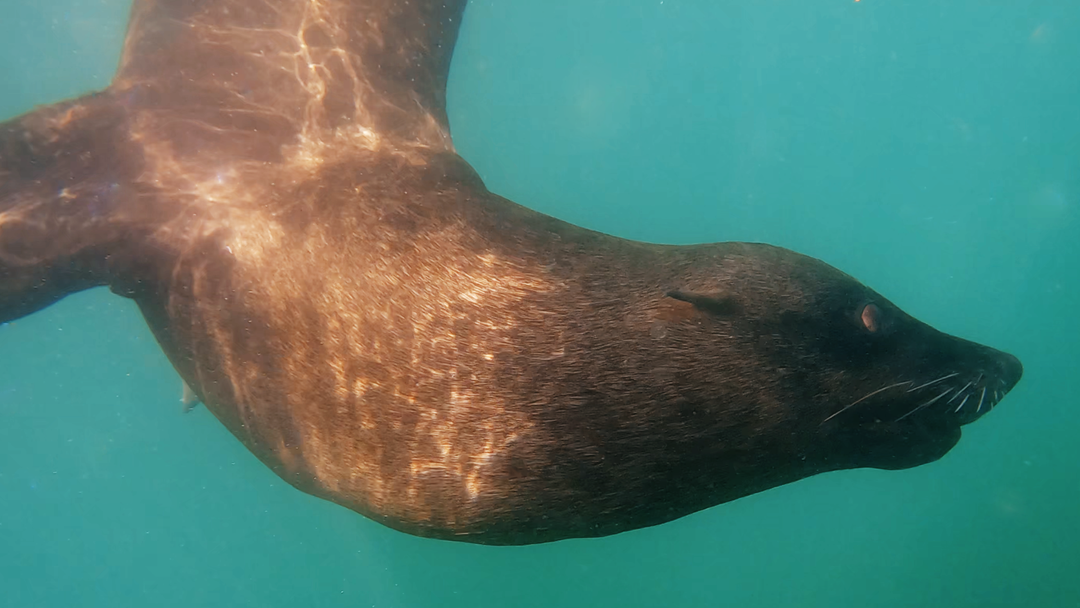
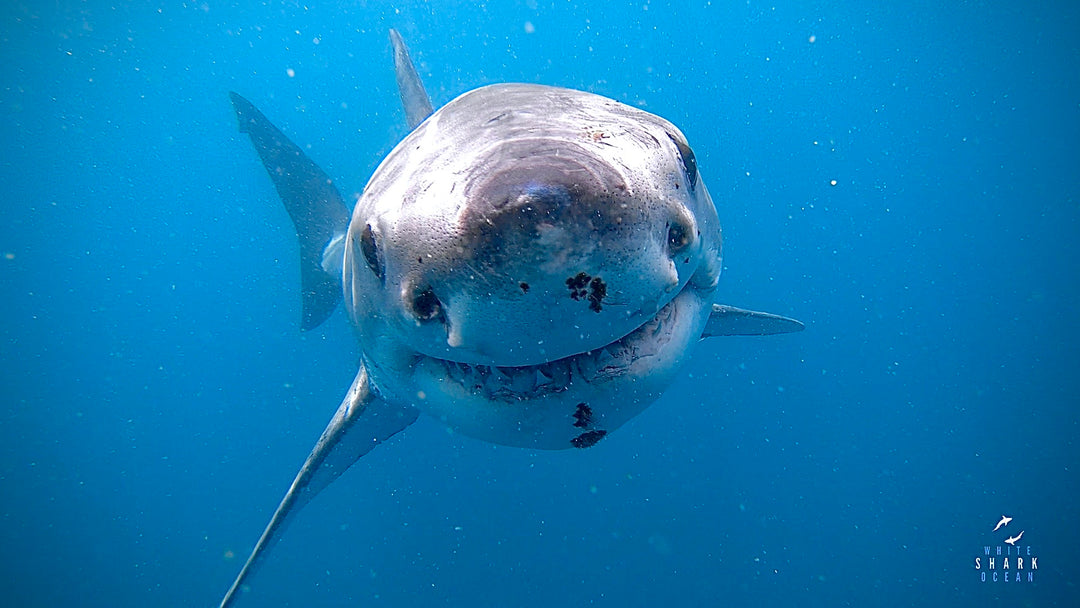
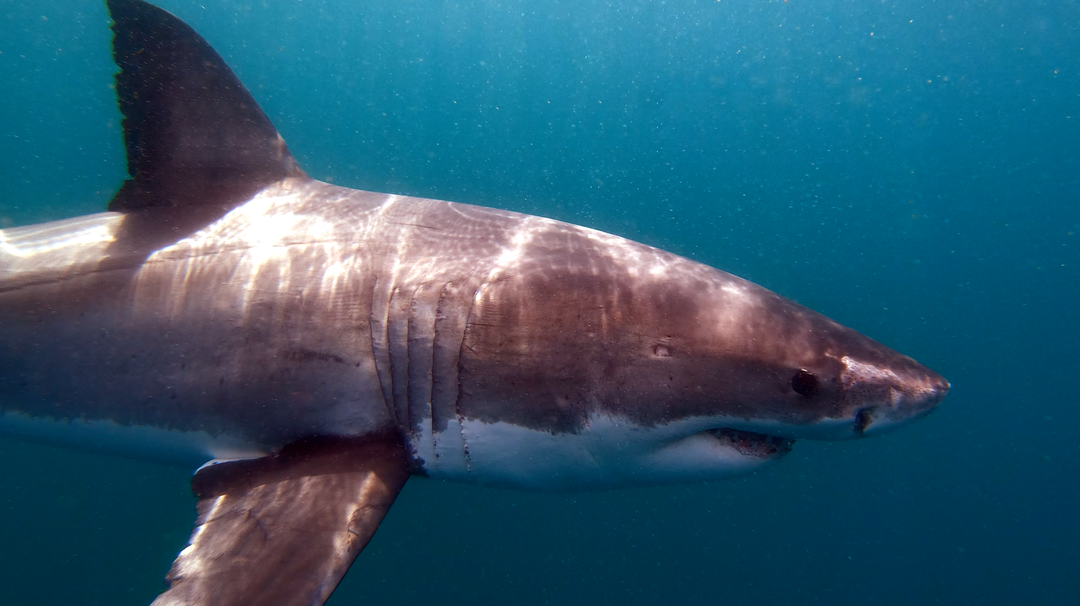

I’ve been reading about sharks since I was very young; they are amazing creatures
Leave a comment